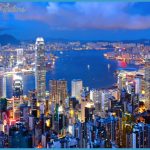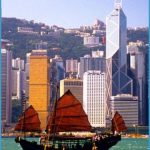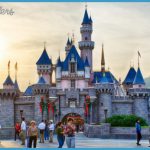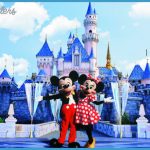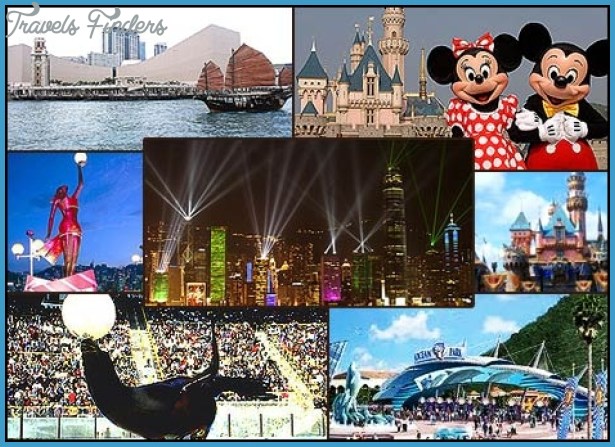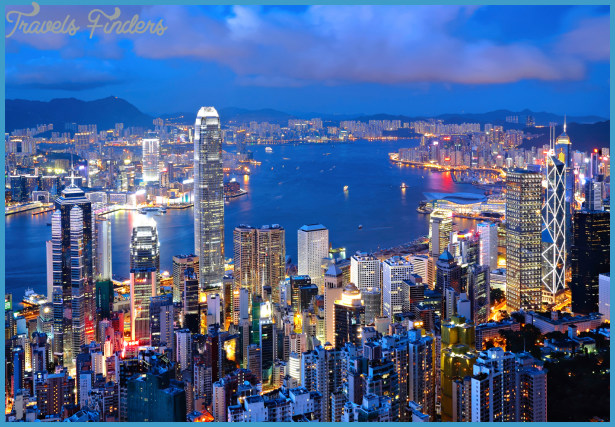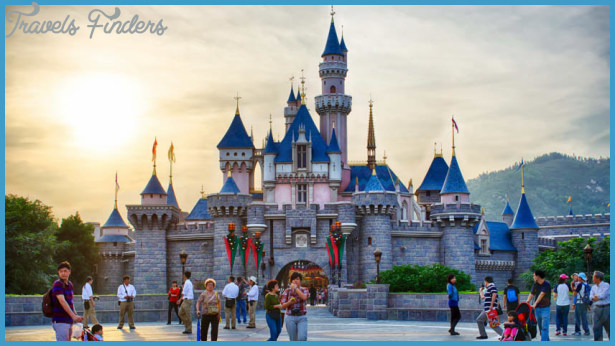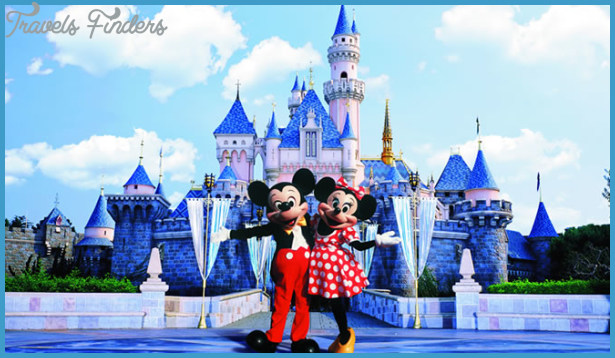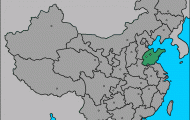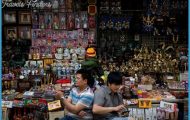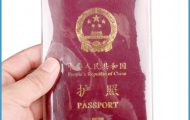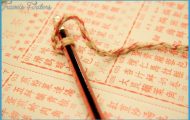Hong Kong is a British Crown Colony (since 1842), to which were annexed the Kowloon peninsula in 1860 and the New Territories in 1898 (a 99-year lease). Each of these three territories is divided into districts.
The government ofthe colony consists of a legislative council, an executive council, and a governor as representative of the British crown.
The city’s future status has been decided by a treaty signed in 1984 which lays down that the sovereignty of the whole of Hong Kong will revert to the People’s Republic of China on July 1st 1997.
As long ago as the Longshan period (around 3000 B.C.) Hong Kong had settlements, and right up to modern times it can be said to share essentially the same history as the rest ofthe Chinese area of civilisation.
In the 18th c. the British merchant fleet set out from England and eventually reached China. Using the Portuguese trading post of Macau the British conducted their trade all the way up the Zhujiang as far as Canton. The Chinese, who believed themselves to be culturally superior to the newcomers, chose to limit their contact merely to trade; they were content to accept silver in exchange for their tea and silk, the latter being a much prized commodity among the British. In time, however, the balance of payments between the two countries became an increasing burden to the British, and they turned to opium as a countermeasure. The drug had originally reached China in the 17th and 18th c. through the Portuguese. With only a small part of the quantities imported actually being used for medicinal purposes, the lion’s share of the drug ended up being consumed illicitly, with the result that in 1729 the Emperor of China declared the opium trade illegal. Nevertheless, opium imports continued to increase, especially after 1773 when the British East India Company was granted a monopoly of the Bengali opium harvest, and imports rapidly rose to the massive figure of over 1000 chests a year. In 1796 the Emperor of China renewed the original ban on importation ofthe drug, but by 1836 the British were selling 26,000 chests of opium in China. The situation had reached crisis proportions. The Chinese demanded an end to the opium trade, but the British declared their wish to continue it, making great play of the sanctity of free trade. This eventually led to the First Opium War (1840-42), as a result of which part of present-day Hong Kong became a British Colony.
The island of Hong Kong had already been occupied previously, but by the terms of the Treaty of Nanking (Nanjing) in 1842 it was ceded unconditionally to Great Britain by the Chinese. Furthermore, as a result ofthe Second Opium War 1856-58) China was forced to give Britain the Kowloon peninsula and Stonecutters Island by the terms of the First Peking Convention (1860).
It was not until 1898 that Britain, seeking to defend its colony and safeguard its territorial claims in the face ofthe challenge from rival trading nations along the Chinese coast, secured the 99-year lease on the
Thus the island of Hong Kong and the Kowloon peninsula legally became British territory, to which in theory China could lay no claim at all, whereas in contrast the New Territories, which is where the new burgeoning industrial base was to a large extent centred, would have to be returned to China in 1997, come what rriay.


